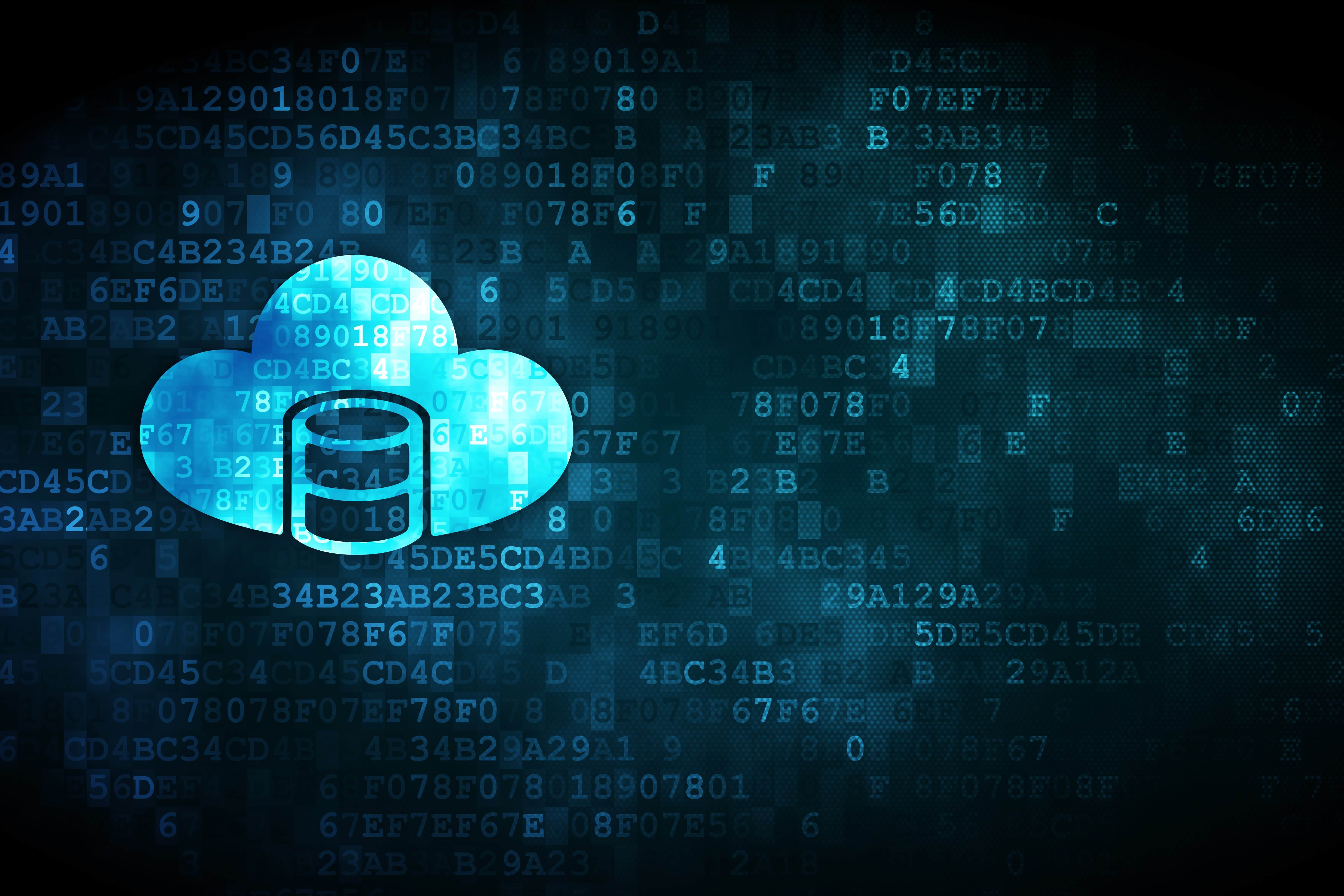Data lies at the core of any successful business, and how well it is maintained and protected may decide just how successful a business is. Security, ease of recovery, and regulatory requirements are all elements that a business needs to consider when assessing its data and cloud backup concerns.
In today’s business world, a company certainly does not want to waste valuable assets such as time and space on a data backup system that does not completely fulfill its needs. Businesses that have been relying on on-location data backup should now consider the advantages, if any, of cloud backup. And there is certainly a wealth of providers of such services out there; so many that it could lead to confusion about just what kind of services are necessary, as well as the cost of these services.
When to Upgrade
Businesses that have relied on a traditional on-site backup system should now upgrade, especially if the company:
- Utilizes multiple servers
- Is subject to certain regulatory requirements
- Needs to provide a quick recovery due to disaster or data loss
- Would benefit from fast scalability
Upgrade Considerations
While a cloud based backup system is not overly expensive, it can cost more than a company's current system. But the additional cost is often ameliorated by increased security and a faster recovery time.
Small businesses that may be considering Google Drive or Dropbox should keep in mind that these are primarily file sharing applications that are useful for a small group working together, but are not designed for large-scale data backup due to the inherent problems in:
- Security of data files
- Limited functionality
- Archiving abilities in the long term
Features
What features should a company look for when shopping for cloud backup services?
- Data compression - Data need not be duplicated, taking up valuable storage. Instead, compression techniques use pointers to locate the data needed for multiple applications. While this method may save on space, it could adversely affect access time when it comes to backup and restoration.
- Oversight - A cloud backup provider should provide for an easy, comprehensive view of data assets and their protection status at any given time.
- Multiple geographic locations - Multiple locations will minimize, or eliminate, the risk of adverse weather conditions affecting both the business's physical site as well as the data backup location.
- Security - Encryption, such as NIST FIPS 140-2, provides security for data in transit and at rest.
- Compliance - Potential cloud backup providers should be in compliance with any regulatory requirements to which a company is subject, such as HIPAA, SOX, and HITECH.
- Data wipe - Remote data wipe is beneficial in cases of device compromise.
- “Agentless” - Maintain security by allowing no open ports.
The costs of cloud backup can vary widely depending on which services are necessary. A company with SOX or HIPAA compliance requirements will pay more. Generally speaking, the cost of cloud backup should be approximately $150 per 100GB on a recurring monthly basis.
Business should take the time to learn about which features are the best fit for company needs.

